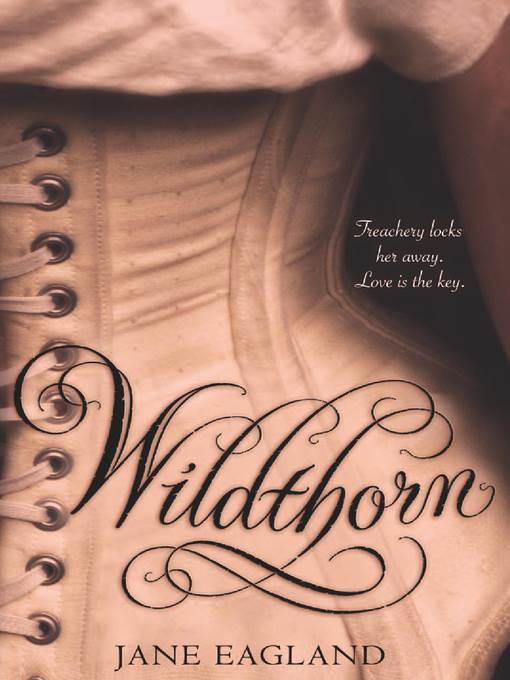
Wildthorn
فرمت کتاب
ebook
تاریخ انتشار
2010
Lexile Score
630
Reading Level
2-3
ATOS
4.4
Interest Level
9-12(UG)
نویسنده
Jane Eaglandشابک
9780547505053
کتاب های مرتبط
- اطلاعات
- نقد و بررسی
- دیدگاه کاربران
نقد و بررسی

September 6, 2010
In this unusual romance, first published in the U.K., debut author Eagland takes readers inside an insane asylum for women in the 19th century. The opening pages plod through 17-year-old Louisa Cosgrove's early days of incarceration and flashbacks that reveal little more than her fascination with both medicine and her lovely cousin, Grace. The story picks up, though, when it becomes apparent that Louisa is in love with Grace, and both Louisa and readers begin to wonder exactly why she was committed and who committed her. Eagland conveys the atrocities and filth of the asylum with shocking vividness: "e're allowed to go to the washroom... but it's a damp, dark place with cockroaches scuttling.... and only one grimy, frayed towel between us." The author tenderly and expertly builds a romance between Louisa and an attendant, Eliza ("I close my eyes, breathing in her warmth, her familiar almond scent and my thoughts fly like birds"). The surprisingly happy ending—in which Louisa escapes and confronts her accusers—is a welcome relief after all of her angst and despair. Ages 14–up.

September 1, 2010
Nineteenth-century tomboy Louisa Cosgrove wants to study medicine, but after her indulgent father's death, that dream seems impossibly distant. Her mother dispatches her to family friends, but Louisa never arrives. Instead, she is taken to Wildthorn Hall, an insane asylum. The staff insist her name is Lucy Childs, and her treatment ranges from the relatively benign (tranquilizers) to the horrific (sensory deprivation). The mystery of Louisa's incarceration is revealed through alternating chapters of her present and childhood: Like many of her fellow "patients," Louisa's been committed for being a troublesome woman. Luckily, her family doesn't know of those tendencies that would make her utterly irredeemable--her overly fond feelings for her beautiful cousin Grace. Unlike many of the other inmates, who seem to develop mental illness from the cruelty of their surroundings, Louisa is determined to escape, perhaps with the help of a lovely asylum employee, Eliza. Despite a too-pat ending, Louisa and Eliza provide a window into a shameful history of mental health care and women's incarceration that only ended in living memory. (Historical fiction. 12-14)
(COPYRIGHT (2010) KIRKUS REVIEWS/NIELSEN BUSINESS MEDIA, INC. ALL RIGHTS RESERVED.)

November 1, 2010
Gr 9 Up-When 17-year-old Louisa Cosgrove arrives at England's Wildthorn Hall, her world suddenly turns upside down. She is told that she's sick and that her name is Lucy Childs. When she protests, she is told, "Thinking you are someone else and thinking you are not ill are signs of how sick you are. You are lucky that you are here where we have the skill to cure you." With these words, her nightmare begins. Louisa tells her story herself, therefore pulling readers into her harrowing experience in the asylum. Eagland skillfully fills in backstory by having Louisa narrate the events that led up to her confinement. She recalls her early childhood and how her father encouraged her study of medicine, while her mother entreated her to conform to 19th-century expectations for her gender. These memories alternate with her current experiences and cruel treatment in the hospital. In fact, the author manages to plant a seed of doubt as to whether Louisa is really who she says and believes she is. Eagland does a beautiful job of depicting the "real" Louisa in the end, with an unusual twist on the conventional romantic denouement. Teens will identify with her frustration at not being believed, be horrified by how she is mistreated, feel relief about her daring escape, and learn a great deal about life in a 19th-century "mad house." Modern readers may find it difficult to accept the reason for her being locked up, but most teens will stick with Louisa's story until the end.-Wendy Scalfaro, G. Ray Bodley High School, Fulton, NY
Copyright 2010 School Library Journal, LLC Used with permission.

























دیدگاه کاربران